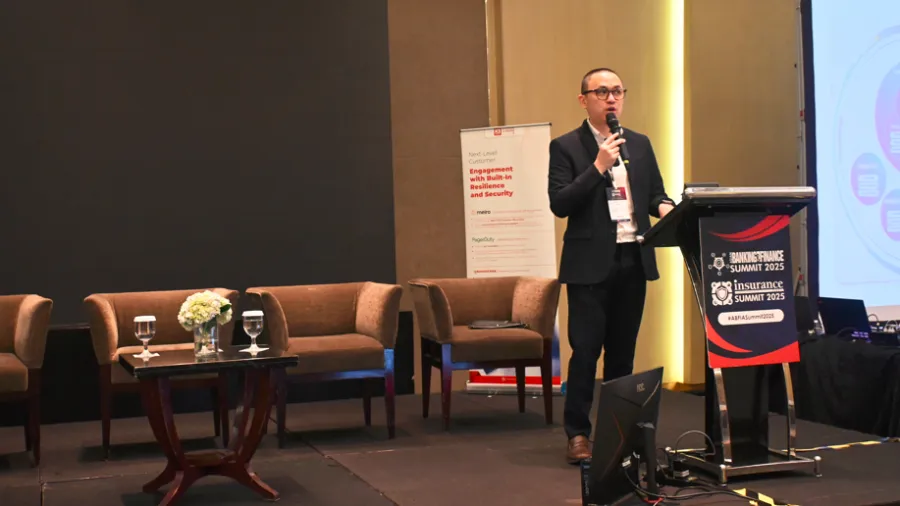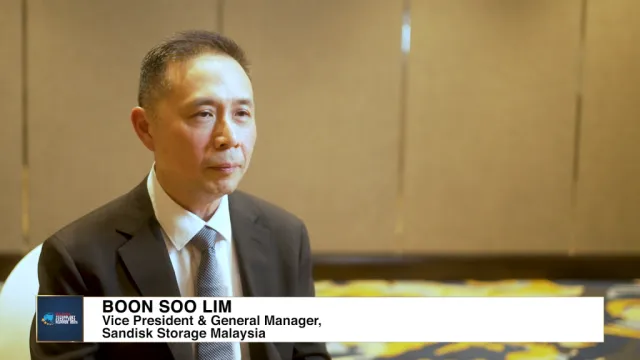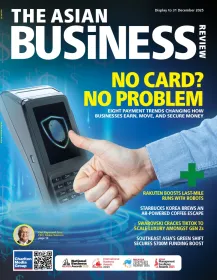
Indonesia accelerates real-time payments
QR code payment volume rose almost 50% year on year.
Indonesia’s payment infrastructure is getting a big push as it expands real-time digital transaction capabilities across the consumer, corporate and public sectors.
“APIs (application programming interface), QRIS (quick-response code Indonesian standard), and BI-FAST (Bank Indonesia-Fast Payment) have played a major role in digitising the national payment system,” Efransyah Mudani, general manager of digital channels at Bank Negara Indonesia (BNI), told the Asian Banking & Finance-Insurance Asia Summit 2025 in Jakarta in June.
QRIS is now used by 32 million merchants and 50 million people, he said. Transaction volume through QRIS rose almost 50% year on year, while BNI reported a 270% surge in usage, he added.
The country has also seen a dramatic shift in payment habits. “Eighty percent of transactions are now non-cash. Ten years ago, it was the opposite,” Efransyah said.
BI-FAST, the country’s real-time retail payment system, has grown 58% year on year and is now being used by digital-native banks.
BNI serves more than 4,000 corporate clients through API-based services covering cash management, trade finance, and foreign exchange, Efransyah said. Usage rose nearly 50% over the past year.
Government agencies also rely on BNI’s application programming interfaces. Efransyah noted that they are used to manage health subsidy disbursements to more than 9,000 hospitals and clinics.
API integration timelines have been significantly reduced. “What used to take several months now takes just a few days,” Efransyah said, attributing the acceleration to the standardized open API framework, which now connects with 71 payment gateway providers.
The regulatory landscape has also been streamlined. “We’ve gone from over 130 regulations down to four core rules,” he said.
Bank Indonesia is preparing to launch RTGS Gen 3, a real-time gross settlement system built on ISO 20022. It will support multi-currency payments, cut reliance on SWIFT (Society for Worldwide Interbank Financial Telecommunication), and include automated anti-money laundering compliance tools.
Planned upgrades to the national payment infrastructure include bank-to-e-wallet interoperability, QRIS tap-to-pay via NFC (near field communication), and smart transaction routing.
Indonesia is also developing a central bank digital currency—the Digital Rupiah. BNI is preparing infrastructure for its eventual rollout.
On the evolving fintech landscape, Efransyah said banks are now partnering with digital wallets instead of competing with them. “We used to see wallets as threats. Not anymore. We bring the infrastructure; they bring the ecosystem,” he added.
However, cybersecurity remains a top concern. “We detect attempted attacks every day,” Efransyah said, adding that real-time monitoring and rapid response are needed to protect the system.















 Advertise
Advertise









